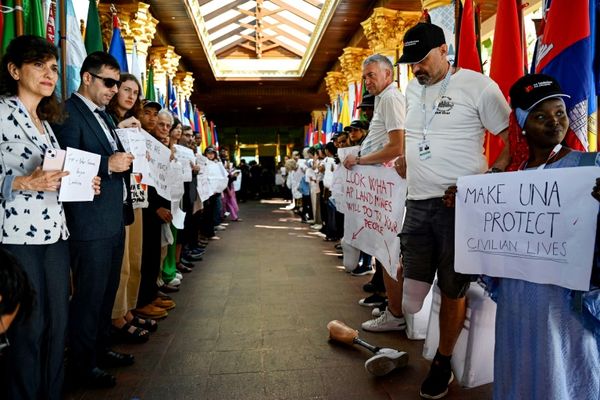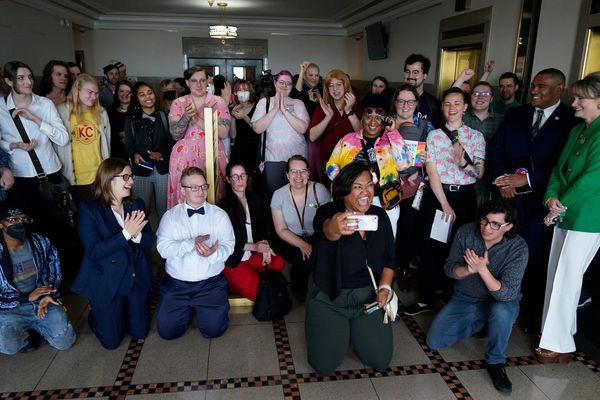
A folk band, a soccer team, good surf and avoiding awkward conversations in the supermarket aisle are all things that help keep doctors in rural towns.
The retention of GPs in country Australia has long been elusive, but research aiming to help address rural medical workforce shortages has found a doctor's sense of belonging is critical.
Researchers from the Australian National University interviewed 21 recent medical graduates working in rural NSW about the importance of professional, social and geographic connections to their work.
Doctors trained in Australia who worked rurally were often seeking a country lifestyle and wanted firm boundaries between their professional and social lives.
One doctor reported a lack of anonymity was a challenging part of small-town life, enough to make her partner stay away from the supermarket before 10am.
"He tries to avoid running into people more for their embarrassment than his," the doctor told the researchers.
"A lot of doctors struggle a little bit with that."
Many said a sense of belonging and connection made them more likely to want to stay.
"I play in a folk band in town and I also have been playing soccer ... those external connections are also staying factors that would make me more likely to stay than go," one GP said.
Rural doctors often manage patients in both clinics and hospital settings, putting them at risk of high stress levels, burnout and low job satisfaction.
Respect and recognition of these pressures can make life easier for country practitioners, according to the study published in the PLOS Global Public Health journal.
"I very much was made to feel that I was an important part of the community and they were keen to help me in any way they could," said one GP.
"They tried not to come in after hours and ... (made) an effort and that made me less likely to leave."
Internationally trained doctors, who work in rural areas under government recruitment schemes, faced unique challenges, including difficulty forming relationships with local doctors.
This was particularly noticeable in towns where clinics were divided between Australian-trained doctors and their overseas counterparts.
Many reported developing few local relationships, making a city move more likely.
But the internationally trained cohort expressed a strong desire to help rural people with complex needs and limited resources.
"They appreciate ... doctors coming to the small town and you can feel that," one overseas-trained doctor said.
"They won't gripe about waiting for 45 minutes in the waiting room and ... they're still happy. We're welcome."
Study co-author Suzanne Bain-Donohue said forming professional networks that include both Australian and overseas-trained doctors could strengthen the workforce.
"Retention strategies need to account for the fact that people are coming from distinct backgrounds," Ms Bain-Donohue said.
"There are many factors that need to be addressed to ensure work and life satisfaction."






